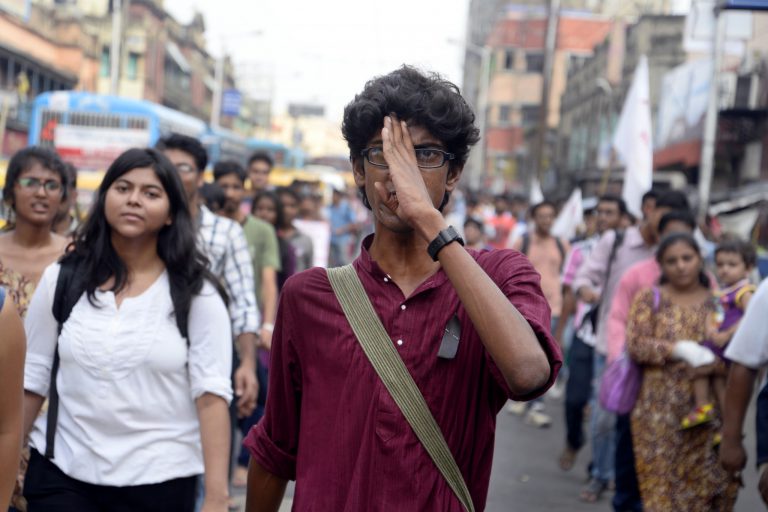
Prime Minister Narendra Modi has instructed union secretaries to ensure sufficient measures are employed to boost India’s best universities into the world’s top 100 rankings.
At a meeting held on New Year’s Eve, Modi expressed his desire to utilise new, technological platforms to keep tabs on student/teacher attendance within Indian schools, and discussed various plans to improve the region’s educational infrastructure and equipment.
The Modi government plans to work on various ideas throughout 2016, all the while maintaining performance and cooperation among members of the party. The government already has specific plans in place, including some that address the country’s education sector.
Project takes an integrated &holistic approach to education&skill development of minority youth to deal dropout&unemployment rate among them
— ModiBrigade (@Modi_Brigade) January 1, 2016
Government investments have resulted in a high capital expenditure for the financial year 2015-16, leading to several new road, rail, power, shipping and defence projects that will take form in the coming year. But in order for these projects to have any impact on India’s economy, communities must be informed about such projects so the country can capitalise on the benefits.
If the government employs such measures, the country’s global influence would significantly boost, along with the reputation of its HE sector.
In recent months, the Modi government’s main focus has been on the economy and foreign affairs, but reforms are also needed in policing, healthcare and also education. In 2015, Modi’s activity within these sectors seemed particularly slow, but if the PM’s recent plans to tackle education are successful, 2016 could be a crucial year in terms of India’s progress and reputation in the global marketplace.
https://t.co/wsxr4mOpQG Education in India – Government Seems to Be Serious.
— Dream Institute(DIT) (@Dream_Ins) December 30, 2015
The PM noted that there should be incentives and disincentives for other countries to take up similar measures, labelling Britain’s influence over global matters in education and economics as “strong” and “impressive”.
He added that the UK has remained a desirable study location among the majority of Indian students, and the two countries should do more to strengthen their international partnership. “In India, you will experience the wind of change,” says Modi.
Modi’s push for Indian Universities to soar to the top of league tables follows the global debate concerning the country’s lack of institutions among the world’s best. Last year, the PM even suggested the formation of an independent ranking system exclusive to India.
The Open University renews commitment to education in India https://t.co/EYbzgjCDKW
— UH Outreach (@UHOutreach) December 26, 2015
At an event in Bangalore on Sunday, Modi also announced his proposal to introduce a formal yoga education for all students in the country. The National Council for Teacher Education (NCTE) has developed BEd, MEd and DEIEd (Diploma in Elementary Education) Yoga programmes that will be delivered in Hindi.
The NCTE is reportedly considering the introduction of specialised Yoga courses for elementary, secondary, senior-secondary and university teacher courses. The body believes the programmes will greatly benefit the education sector since students will progress through three phases; theory, practice and finally a compulsory internship.
Yoga teachers are increasingly in demand throughout the region, prompting a proposal to produce Yoga instructors as a cadre for each State and Union territory.
Yoga education in India provides for future yoga instructors. AYM,#YOGA #YOGATEACHER #YOGATRAINING @scoopit http://t.co/0eUTHe2KTJ
— Yoga Training (@yogataining) August 17, 2015
If the projected reforms receive sufficient investment and are successful in the coming months, 2016 could see India overtake competitors in global rankings and become an ambitious contender among the world’s education elite.
Image via Shutterstock.
Liked this? Then you’ll love these…
Indian Student Enrolment in US Rises 30% to 130,000
Academics urge Indian Government not to make Higher Education a “Tradable Service”







